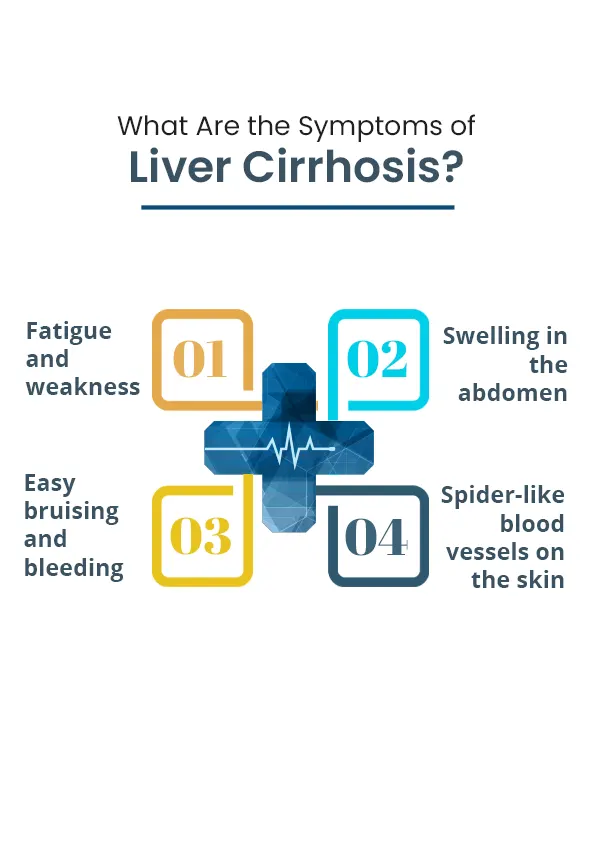Medical Intervention
What Is Liver Cirrhosis?
Liver cirrhosis is a chronic liver disease that leads to scarring of liver tissue over time, leading to impaired liver function. This scarring replaces healthy liver tissue and disrupts the liver’s ability to perform vital functions such as detoxification, metabolism, and production of proteins.
What Causes Liver Cirrhosis?
- Chronic alcohol abuse
- Chronic viral hepatitis (such as hepatitis B and C)
- Non-alcoholic fatty liver disease (NAFLD)
- Autoimmune liver diseases
- Biliary tract diseases
- Genetic disorders affecting liver function
- Chronic exposure to toxins or medications harmful to the liver
- Metabolic disorders (such as glycogen storage diseases)
What Are the Symptoms of Liver Cirrhosis?
- Fatigue and weakness
- Loss of appetite and weight loss
- Jaundice
- Swelling in the abdomen (ascites) or legs (edema)
- Easy bruising and bleeding
- Itchy skin
- Confusion, memory problems, or personality changes
- Spider-like blood vessels on the skin (spider angiomas)
- Dark urine and pale-colored stools
- Abdominal pain and discomfort


